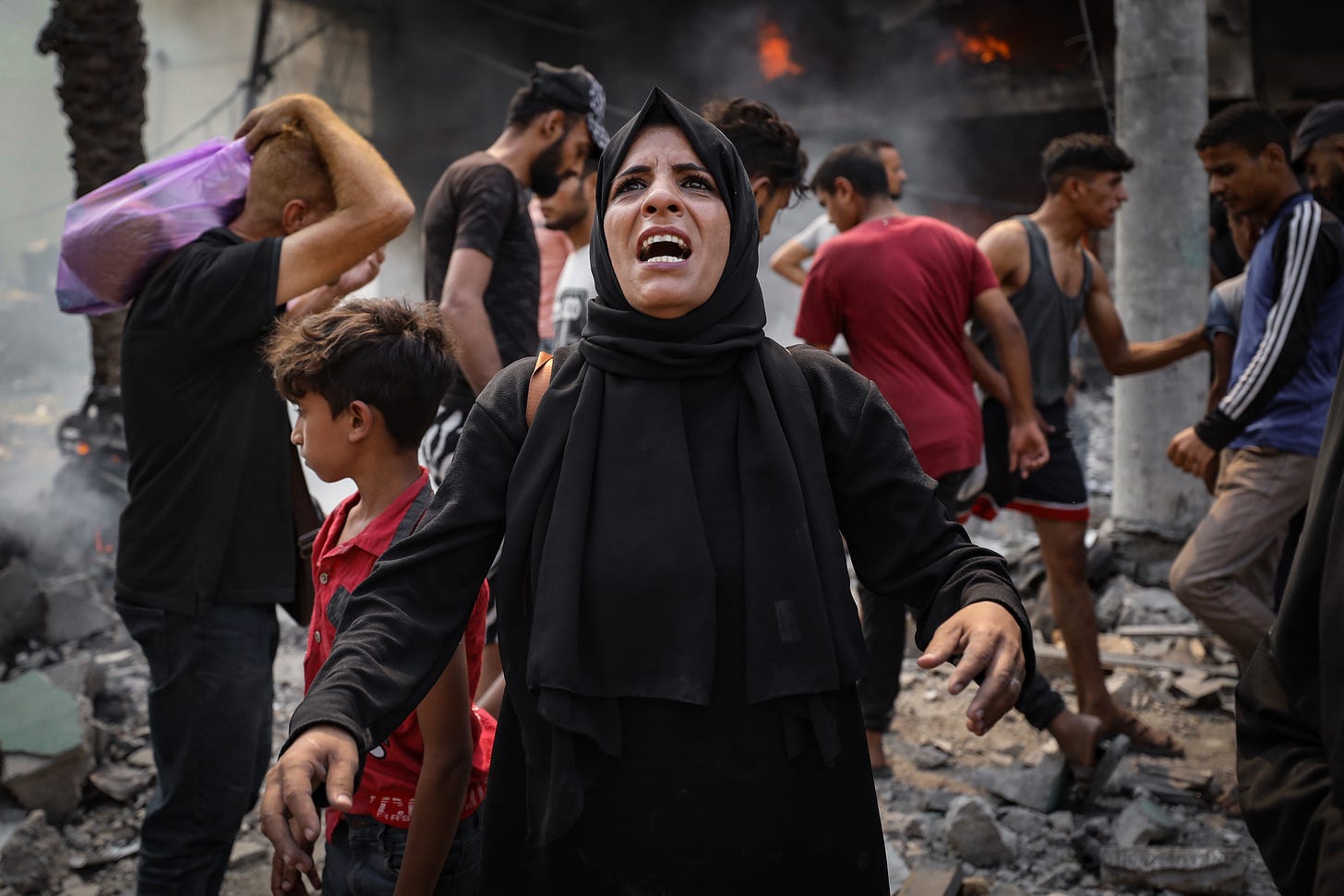Gaza Is Redefining What Genocide Looks Like
One of the world's top genocide scholars, writing for Zeteo, says the plight of the Palestinians is the biggest warning of where a new genocidal mentality is taking the world.

After almost two years of the destruction of Gaza, with nearly a quarter of a million killed or wounded and famine growing, fewer and fewer doubt that Israel is committing genocide. The new United Nations report, confirming what so many authorities have already demonstrated, should end any lingering doubt.
The dwindling band of apologists is reduced to claiming that this is not the Holocaust, but this is beside the point – as the Israeli historians Amos Goldberg and Daniel Blatman put it, “There’s no Auschwitz in Gaza, but it’s still a genocide.” Genocide is defined legally as the intentional destruction of a national group, and of both intention and destruction, there is evidence in spades.
But if there’s no Auschwitz, what kind of genocide is it? What does it tell us about genocide in the 21st century? And why has Gaza brought the attention of the world back to genocide in a way that other cases in the 2020s – Myanmar, Sudan, Ethiopia – have not?
The last question is the easiest to answer.


